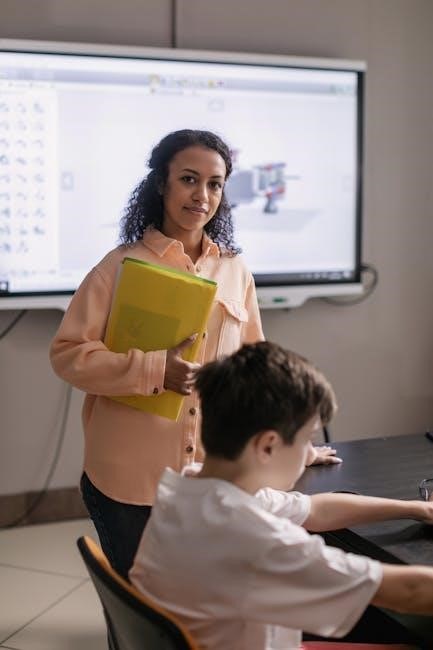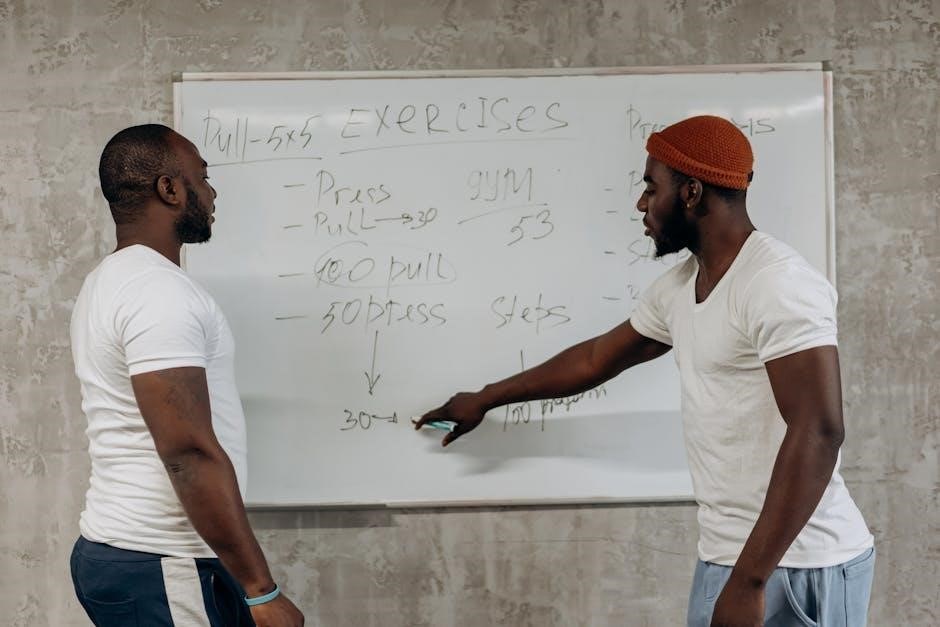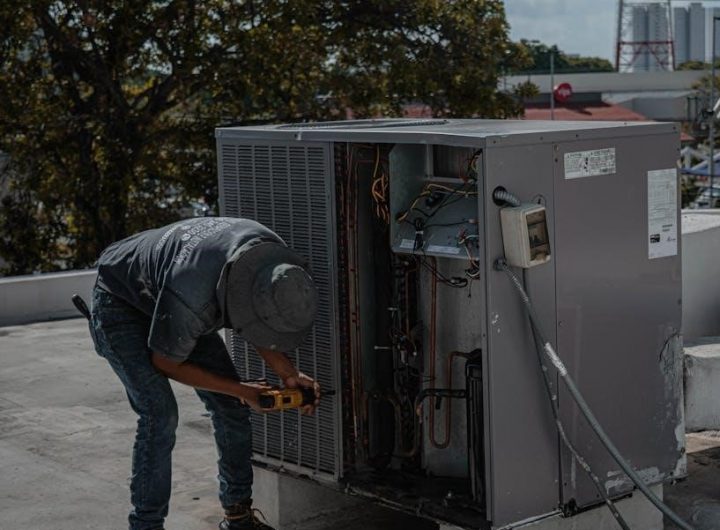
Special education instructional aides support teachers and students with educational and personal needs, working closely with team members to provide guidance and assistance in various settings, including classrooms and schools, every day effectively.
Role Overview

A special education instructional aide plays a vital role in supporting students with special needs, working under the supervision of teachers and other educators to provide individualized assistance and guidance.
The role involves assisting with instructional activities, preparing educational materials, and helping to maintain a safe and supportive learning environment.
Instructional aides may work with students who have a range of special needs, including physical, emotional, and cognitive disabilities, and may be responsible for adapting instructional materials and techniques to meet the needs of individual students.
They may also be involved in implementing behavior modification and learning drills, and may assist students with personal care and daily living skills.
Overall, the role of a special education instructional aide is to provide support and assistance to students, teachers, and other educators, helping to ensure that students with special needs receive a high-quality education and have the opportunity to reach their full potential.
The specific responsibilities and duties of an instructional aide may vary depending on the school, the students they are working with, and the needs of the teachers and other educators they are supporting.
However, the core goal of the role remains the same: to provide personalized support and assistance to students with special needs, and to help them succeed academically, socially, and emotionally.
Job Description
A special education instructional aide job description typically includes assisting teachers with instructional activities, such as preparing educational materials, setting up equipment, and helping students with assignments.
They may also be responsible for implementing individual education plans, assisting with behavior modification, and providing personal care and support to students as needed.
In addition, instructional aides may help maintain a safe and supportive learning environment, assist with record-keeping and data collection, and communicate with teachers, parents, and other staff members.
The job description may also include assisting students with daily living skills, such as feeding, toileting, and mobility, and providing emotional support and guidance to students.
Instructional aides may work in a variety of settings, including public and private schools, special education centers, and residential facilities.
They may work with students of all ages, from preschool to high school, and may specialize in working with students with specific types of disabilities, such as autism or physical disabilities.
The job description for a special education instructional aide is often tailored to the specific needs of the school or organization, and may include a range of responsibilities and duties.
Overall, the job description for a special education instructional aide is focused on providing support and assistance to students with special needs, and helping them to succeed academically and personally.

Key Competences and Requirements
Special education instructional aides require patience, understanding, and strong communication skills to support students effectively every day.
Education and Experience
Special education instructional aides typically require a high school diploma or equivalent, and many have some college education or a degree in a related field. They often gain experience by volunteering or working in special education classrooms, and may need to complete training programs or certifications to work with students with specific needs. Some instructional aides may also have experience working with children in other settings, such as daycare or after-school programs. According to the Internet, many special education instructional aides have a strong foundation in education and child development, which enables them to provide effective support to students and teachers. They may also have experience with individualized education plans and behavior modification techniques. Overall, the education and experience of special education instructional aides can vary, but they all share a commitment to supporting students with diverse needs and abilities. Many instructional aides continue to develop their skills and knowledge through ongoing training and professional development opportunities. This helps them stay up-to-date on best practices and new technologies in special education.
Skills and Knowledge
Special education instructional aides require a range of skills and knowledge to effectively support students and teachers. They need to have strong communication and interpersonal skills, as well as the ability to work with students with diverse needs and abilities. According to the Internet, instructional aides should have knowledge of child development, educational principles, and behavior modification techniques. They should also be familiar with individualized education plans and be able to implement them in the classroom. Additionally, instructional aides need to have organizational and time management skills, as well as the ability to maintain confidentiality and handle sensitive information. They should also be able to work independently and as part of a team, and be flexible and adaptable in their approach. Instructional aides may also need to have basic first aid and CPR training, as well as knowledge of emergency procedures and protocols. Overall, the skills and knowledge required of special education instructional aides are varied and complex, and they play a critical role in supporting the educational and personal needs of students. They must be able to think critically and make sound judgments in a fast-paced and dynamic environment.

Work Environment and Responsibilities

Special education instructional aides work in schools, classrooms, and other educational settings, supporting students and teachers, performing various tasks and duties, and maintaining a positive environment, every day, with dedication and care always.
Collaboration and Teamwork
Special education instructional aides work closely with teachers, administrators, and other team members to provide educational support and guidance to students. They assist in the preparation of instructional materials and implementation of individual education plans, and perform a variety of clerical duties. Collaboration and teamwork are essential in this role, as aides must be able to communicate effectively with other staff members and work together to achieve common goals. This includes assisting children with completing behavior modification and learning drills, tasks and exercises, and helping to maintain a positive and supportive learning environment. By working together as a team, special education instructional aides can help to ensure that students receive the support and guidance they need to succeed. This collaborative approach also helps to foster a sense of community and cooperation among staff members, which can lead to a more positive and productive work environment. Effective collaboration and teamwork are critical components of the special education instructional aide role, and are essential for providing high-quality support to students and teachers. They work together to provide the best possible education and support for students, and to help them achieve their full potential.
 special instruction early intervention
special instruction early intervention  cuisinart rice maker instructions
cuisinart rice maker instructions  schedule j form 990 instructions
schedule j form 990 instructions  battle of the mind pdf
battle of the mind pdf  omnimax air conditioner manual pdf
omnimax air conditioner manual pdf  dog training hand signals chart pdf
dog training hand signals chart pdf  bible quiz questions and answers pdf
bible quiz questions and answers pdf